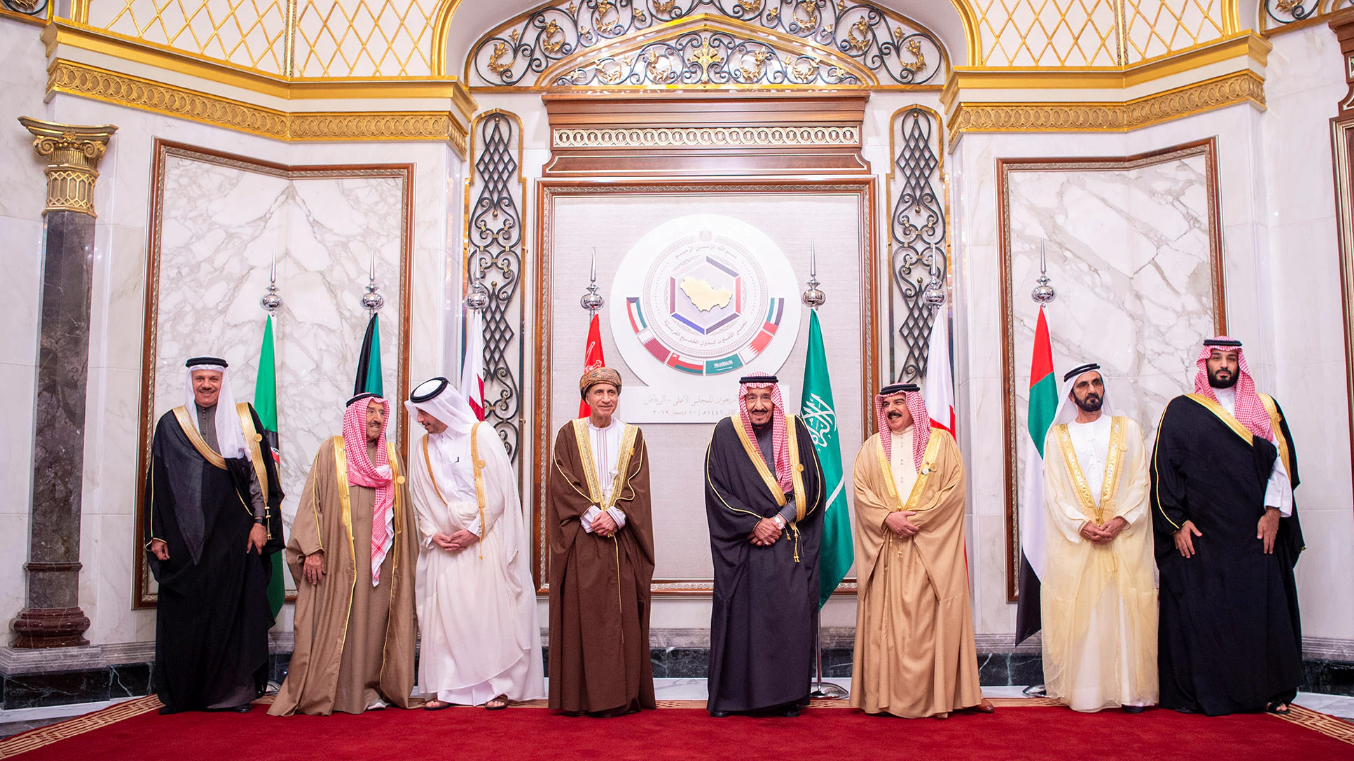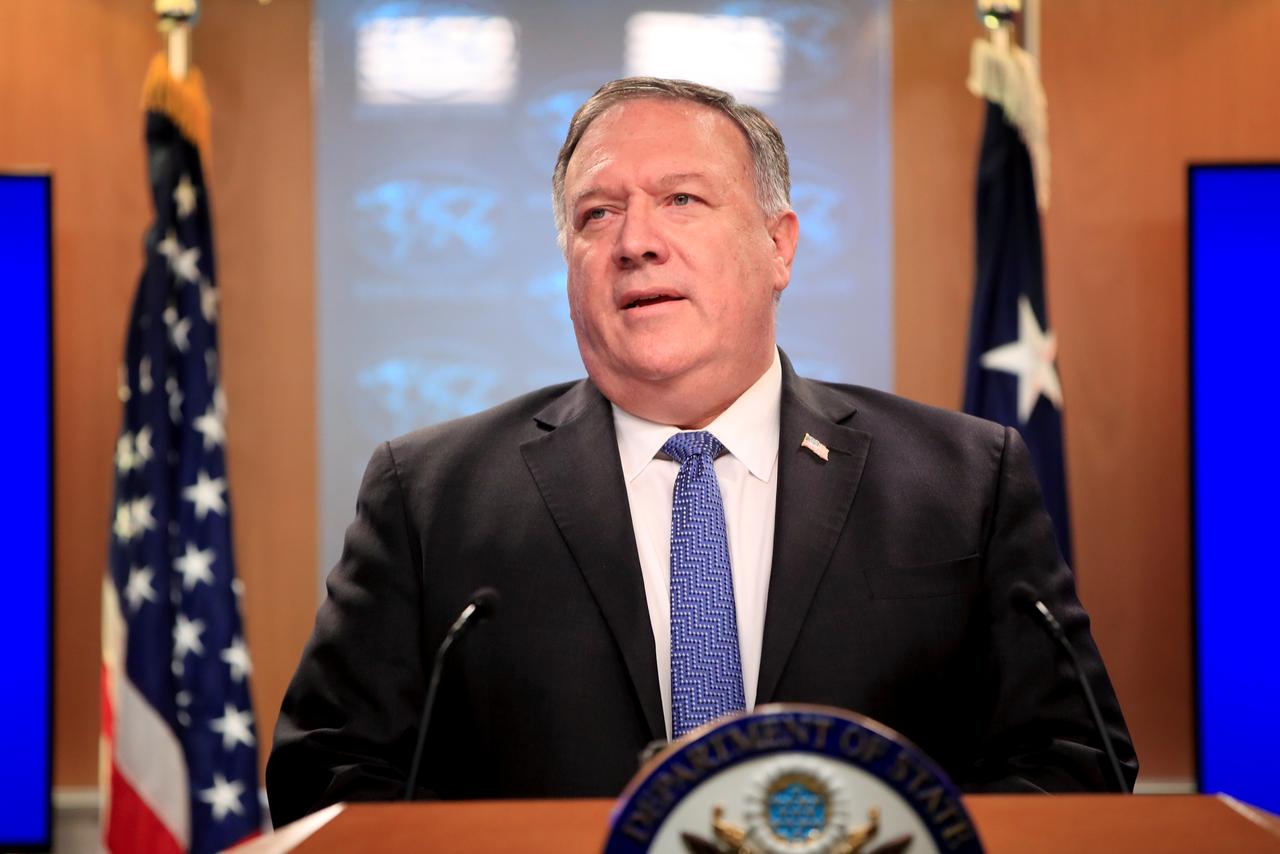
File photo: GCC leaders at the Gulf Cooperation Council's 40th Summit in Riyadh, Saudi Arabia, December 10, 2019. /Reuters
File photo: GCC leaders at the Gulf Cooperation Council's 40th Summit in Riyadh, Saudi Arabia, December 10, 2019. /Reuters
Iran has rejected as "unrealistic" a call by the Gulf Cooperation Council (GCC) for the United Nations to extend an international arms embargo on Tehran that ends in October, local media reported on Monday.
The arms embargo is currently set to end on October 18 as part of Tehran's 2015 nuclear deal with world powers, which the United States quit in 2018.
The six-member Gulf Cooperation Council has asked the United Nations to extend an international arms embargo on Iran, a move pushed strongly by the United States. The secretariat of the GCC, made up of Bahrain, Kuwait, Oman, Qatar, the United Arab Emirates and Saudi Arabia, said in a statement on Sunday that Iran's continued interference in neighboring countries made an extension necessary.
"The GCC is currently at the apex of its incompetence and its unrealistic policies have rendered it ineffective," Iran's Foreign Ministry spokesman Abbas Mousavi told a televised news conference.
"The council, swayed by the wrong and destructive policies and behavior of certain member states, has turned into a mouthpiece for anti-Iran elements inside and outside the region."

U.S. Secretary of State Mike Pompeo speaks during a news conference at the State Department in Washington, August 5, 2020. /Reuters
U.S. Secretary of State Mike Pompeo speaks during a news conference at the State Department in Washington, August 5, 2020. /Reuters
U. S. Secretary of State Mike Pompeo said on Wednesday that the United Nations Security Council will vote this week on a U.S. bid to extend the arms embargo on Iran, despite warnings by some diplomats that the measure lacks support.
If the United States is unsuccessful in extending the embargo, it has threatened to trigger a return of all U.N. sanctions on Iran under a process agreed in the 2015 deal.
In May this year, Iranian President Hassan Rouhani threatened a "crushing response" if the embargo on the Iranian trade of conventional arms was extended.
Iran has breached parts of the nuclear deal in response to the 2018 U.S. withdrawal and Washington's reimposition of sanctions.
The request, in a letter to the United Nations, is a show of unity from the GCC. In mid-2017, Saudi Arabia, the UAE, Bahrain and Egypt severed political, trade and transport ties with Qatar over accusations it had been supporting terrorism and cozying up to Iran. Qatar denies the accusations.
"It is inappropriate to lift restrictions on the supply of weapons from and to Iran until Iran gives up its destabilizing activities in the region and stops supplying terrorist and sectarian organizations with weapons," a statement from GCC Secretary General Nayef Falah Mubarak al-Hajraf said.
Source(s): Reuters